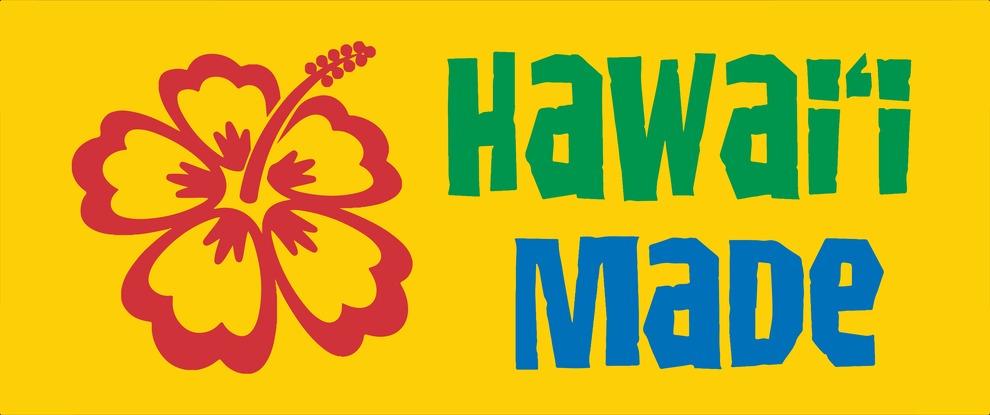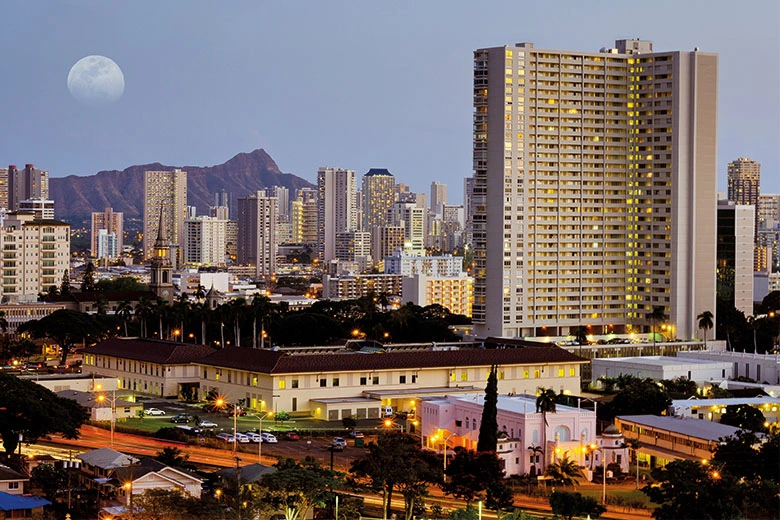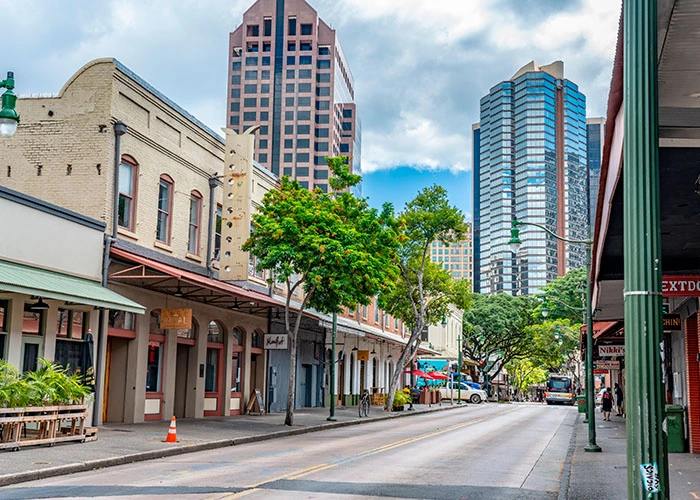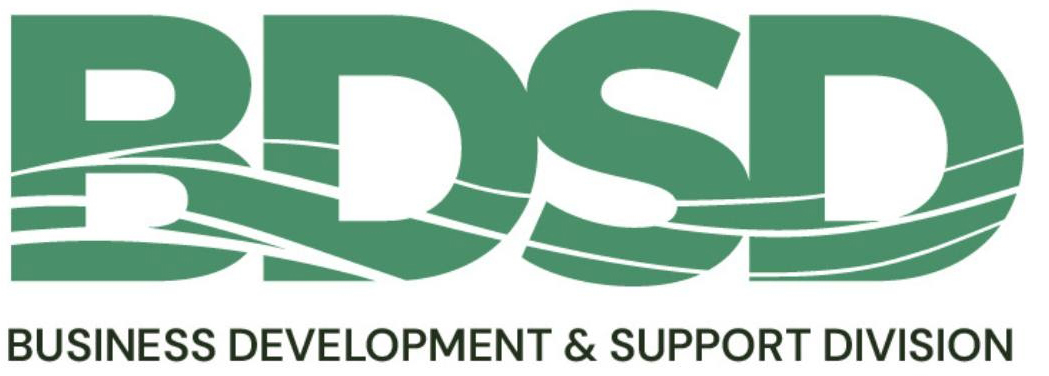Hawaiʻi Made

Hawaiʻi Made Website
DBEDT is creating the Hawaiʻi Made portal. At no cost to Hawaiʻi companies, we will list your product on the Hawaiʻi Made site.
- The Hawaiʻi Made site is open to all manufacturers and marketplaces of Hawaiʻi Made products with online shopping, as well as restaurant listings and farm delivery services.
- However, only products that meet the requirements to be labeled Hawaiʻi Made set forth in §486-119, Hawaiʻi Revised Statutes (HRS), may be posted on the Hawaiʻi Made portal site.
- Companies listing on the Hawaiʻi Made portal site should have at least 75% of their total product offering being made in Hawaiʻi, as defined by §486-119, HRS.
- Hawaiʻi Made labeling requirements are contained in §486-119, HRS.
- Misrepresenting a product as being from Hawaiʻi that does not meet the requirements of §486-119, HRS, is punishable by law.
How to Register
- Submit one photo and a one sentence description of the featured product(s), a representative photo of your website, and attestation that the product meets the requirements in §486-119, HRS, using the online participant registration form.
- Companies may sell more products, but should have at least 75% of their total product offering being made in Hawaiʻi, as per §486-119, HRS.
- Once you submit your registration form, your listing will be reviewed and if approved, uploaded to the portal site. We will notify you via email when your listing goes live.
- If you have any questions about the Made in Hawaiʻi Festival, please contact DBEDT by email at dbedt.buy@hawaii.gov.


Made in Hawaiʻi Research
A Study of the Made in Hawaiʻi Brand With a Plan to Encourage and Enforce Use of the Brand
This project was made possible through funding from the State of Hawaiʻi Legislature and involved input from diverse Made in Hawaiʻi stakeholders – from Hawaiʻi manufacturers who produce and sell Hawaiʻi-made products, to Hawaiʻi residents and U.S. consumers who are buyers and potential buyers, to leaders from the Hawaiʻi State Legislature economic development committees, executive agencies, Oʻahu and neighbor island county governments, trade associations, and the private sector.

